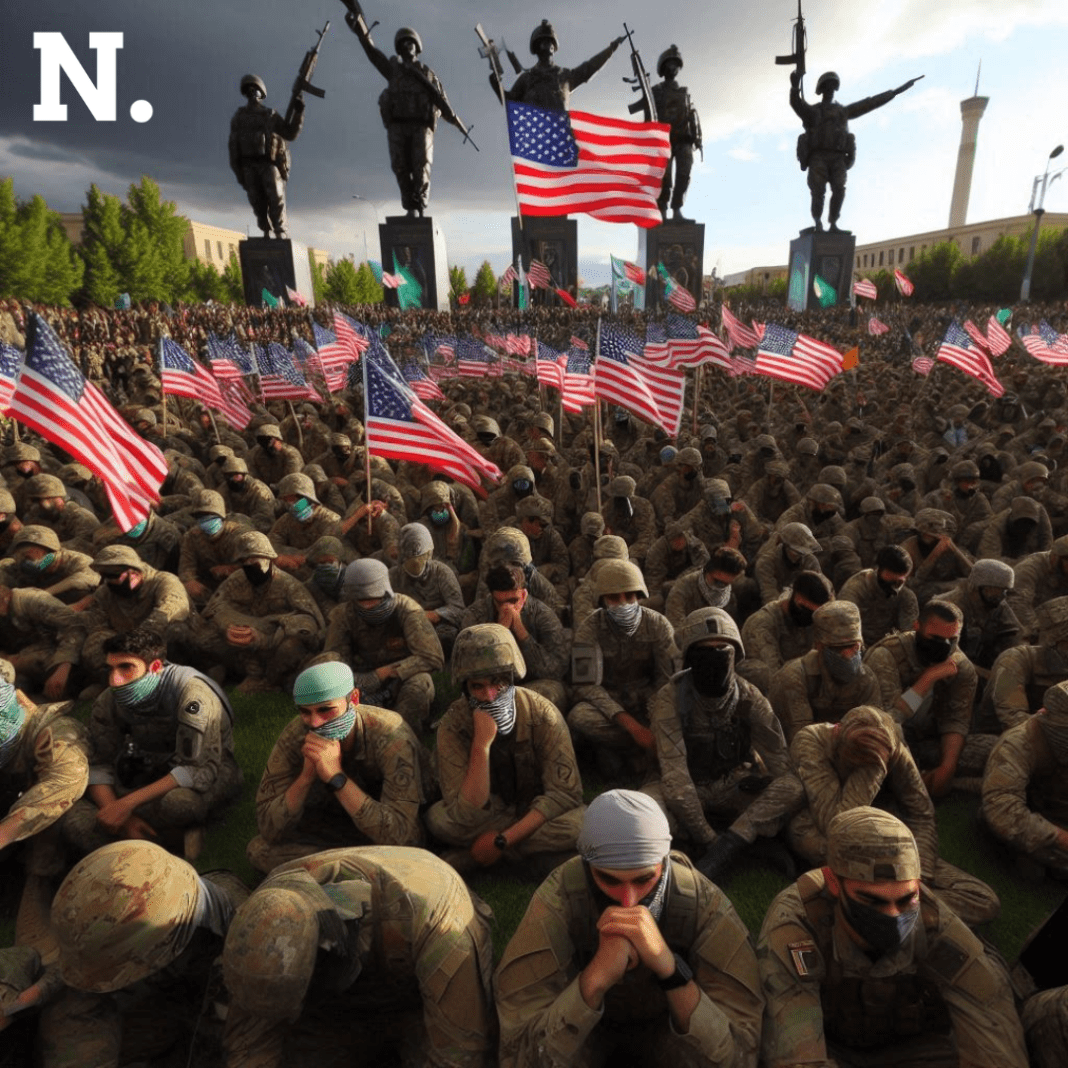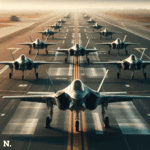For the first time since it was started in 2009. There will not be any national event for Armed Forces Day in the United Kingdom. This year, no local councils came forward to host the event, marking a remarkable change in public sentiment for the event. That has traditionally waxed the British military.
Armed Forces Day, variously celebrated by local and national events aimed at raising the military’s profile. Has grown controversial in recent years with some councillors, pacifists, and anti-war activists. Criticizing the event for glorifying conflict. The number of celebrations fell markedly this year – 189 events listed on the official site. Compared with 316 in 2019, before the pandemic.
In response to an FOI request from the non-profit organizations ForcesWatch and the Peace Pledge Union. The MoD has now let it be known that no local authority expressed interest in hosting the national event for 2024. According to the Freedom of Information reply, “no bids were received from local authorities to hold an Armed Forces Day national event for 2024.” Groups like these have interpreted such a lack of interest in hosting the national event. As representative of declining interest and willingness to fund these celebrations.
Controversy Surrounds Armed Forces Day
Armed Forces Day has faced opposition since it was first created in 2009, given the controversial wars at the time in Iraq and Afghanistan. Last year, a peace parade was held in Falmouth alongside the national event. In Leicester, local campaigns succeeded in preventing the city council from inviting children to handle weapons. From the Armed Forces.
“The Ministry of Defence has doled out more than £420,000 to fund local events around the country. But the financial cost of hosting a national event. Which has run into hundreds of thousands of pounds in previous years and faced increasing public opposition. Probably prevented a central national celebration from taking place this year.”
Armed Forces Day: Controversy and Protests Continue
According to the PPU and ForcesWatch. There has been a surging demand for protest materials in the run-up to this year’s Armed Forces Day. The handing-out of postcards with the message “War is not family entertainment” has held up a mirror. To the wide feeling against the event.
The ForcesWatch campaign group and Veteran Joe Glenton created the annual Armed Forces Day as a response to the post-Iraq and Afghanistan crisis in public opinion. The use of violent force creates acceptance for it and serves as a tool to recruit the next generation. The day aims to put a gloss on military institutions and military action; though we would want to see support for individual personnel and veterans. We hope to see a continued decline in the number of local councils supporting this.
Resistance to Armed Forces Day
Geoff Tibbs of the PPU also raised concerns. Citing the contrast between the two between the festive portrayal of the military. While remembering the grim face of war. ” At Armed Forces Day events, armed forces present war as family entertainment, inviting children to handle weapons similar to those used to attack schools and hospitals in Gaza and Ukraine. Tibbs urged resistance against these blatant displays of militarism on our streets.
In Cambridge, campaigners have arranged a peace camp to protest the city’s first ever Armed Forces Day event. Which they described as “wholly insensitive” given events in Gaza. Other protests are due to take place in Leicester, Portsmouth, Leeds, Weymouth and Aldershot – showing that opposition to the glorification of military might is countrywide.
Although there will be no national event, nearly 200 community-based events will be held. Throughout the UK, covering all four Home Nations. The MoD supported the applying communities appropriately to ensure that events hosted by them go off well.
This slump in national support for Armed Forces Day. Both underlines a sea change in public opinion and indicates that growing numbers of people and organizations are beginning steadily. To question the current promotion of military institutions. As the nation tries to work out its role in global conflicts and the ethics of war-making, the future of Armed Forces Day unwittingly hangs in the balance.





